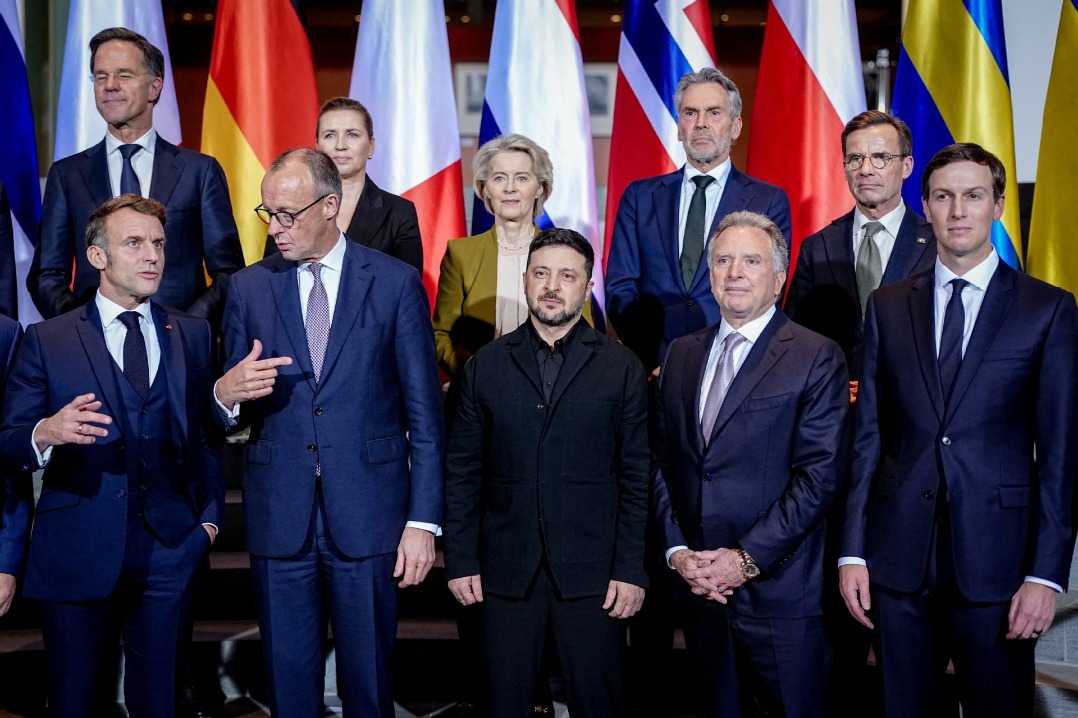Trade deal threatens EU car standards, NGO warns


Road safety groups fear the European Union's recent trade deal with the United States paves the way for more deaths and injuries on the bloc's roads because it contains an agreement for the bloc to allow previously banned US cars to be sold to EU customers.
Non-governmental organizations, including the non-profit European Transport Safety Council, or ETSC, say the deal reached verbally on July 27 in a bid to mitigate new US trade tariffs means the bloc must accept vehicles produced to US car safety standards, not EU standards.
And they say such a move would put drivers, pedestrians, and cyclists within the EU in danger.
"We now have (in the EU) technologies such as automatic emergency braking, pedestrian protection tests, and lane-keeping assist systems," the Euronews website quoted Dudley Curtis, the ETSC's communications director, as saying. "These are just three examples of technologies that are mandatory in Europe, but not mandatory in the US."
Curtis said the joint declaration on the framework of the new trade deal, which was published on Aug 21 by the EU's executive, the European Commission, and by the US administration, refers to its intention to have the EU and the US mutually recognize and accept each other's safety standards.
He said safety standards are very different in the two jurisdictions and the EU's acceptance of US standards would lead to cars on the bloc's roads that are not required to have emergency brakes that stop vehicles if a driver has a medical emergency.
And, he said, cars would also no longer have to have designs that minimize damage done to pedestrians in the event of a collision. The ETSC has also said accepting US standards would mean cars would no longer have to have devices fitted to keep them within marked traffic lanes.
The US is understood to have insisted on the bloc recognizing and accepting US safety standards in the hope that the change would lead to more sales within the bloc.
Curtis said other countries are sure to want the same treatment.
"All the other manufacturers — Japanese, Chinese, Korean, and European — who produce in Europe will say: if they (the US) have to comply only with the American standard and we have to comply with the European standard, that's not fair, it will create unfair competition," he said.
The situation could lead to the EU simply abandoning its auto standards and letting all automakers follow US standards, which he said would be a shame because the number of deaths on US roads has been rising during the past decade while the number of fatalities on EU roads has been falling. He said the numbers clearly show EU safety standards are superior and should continue to be followed.
































